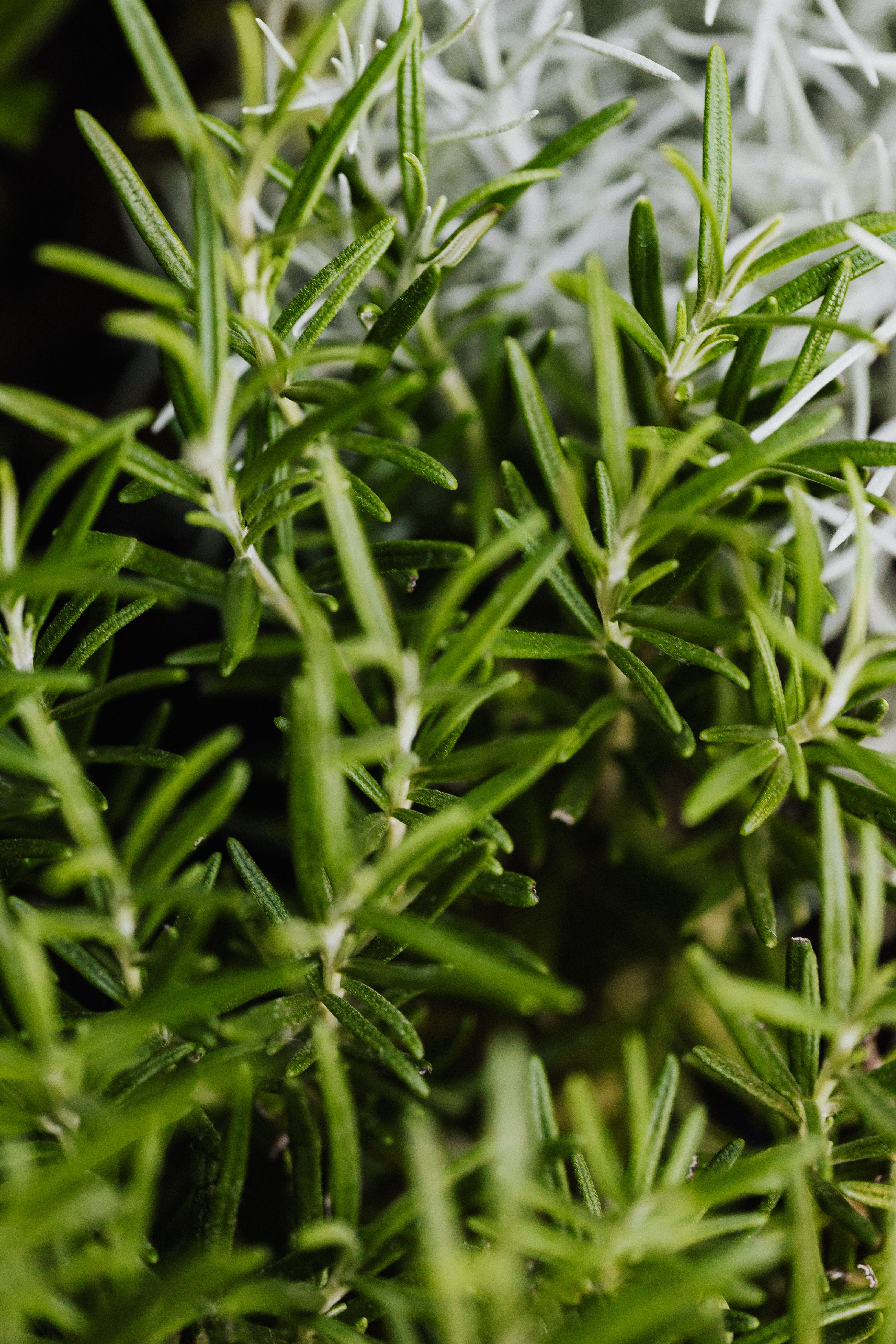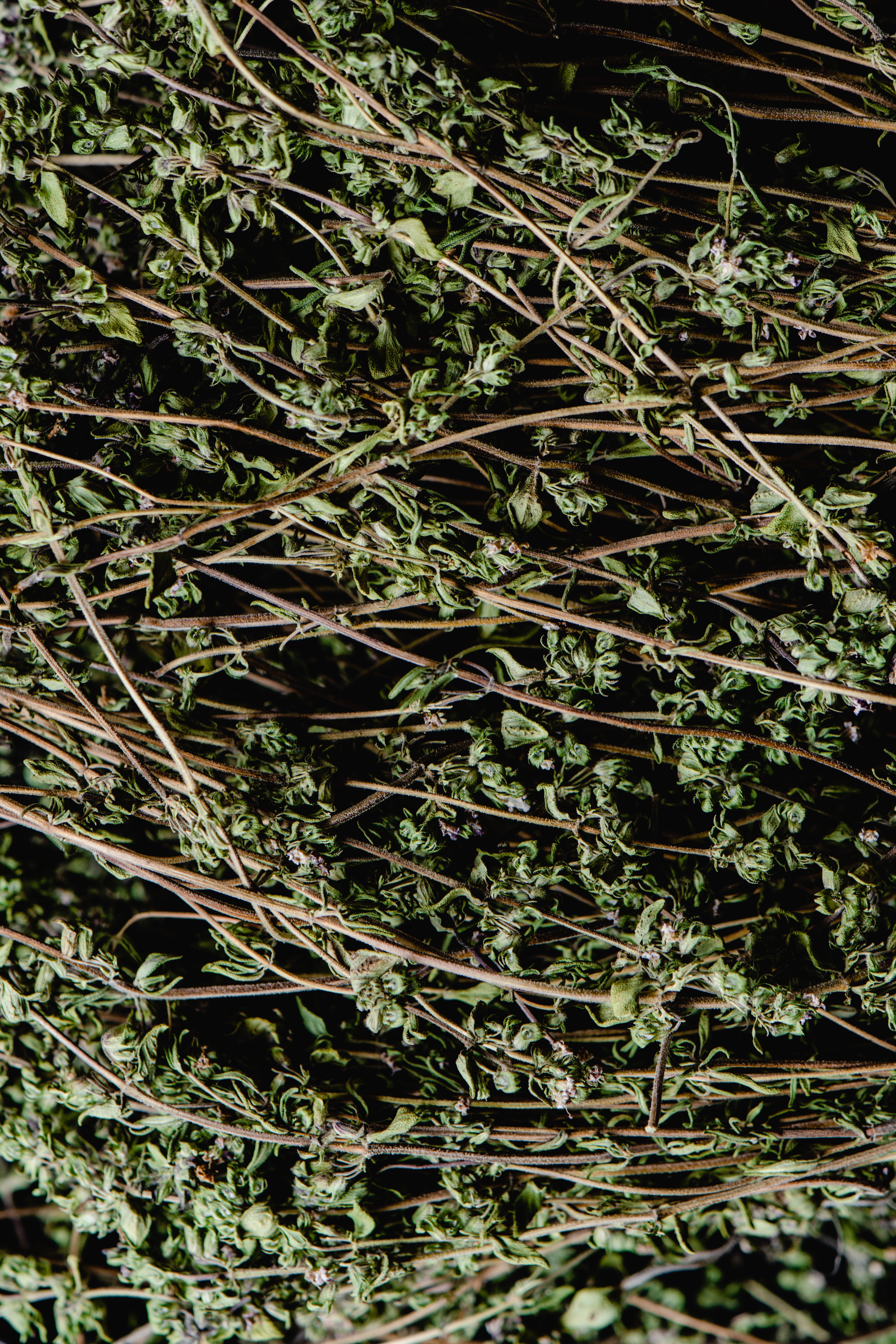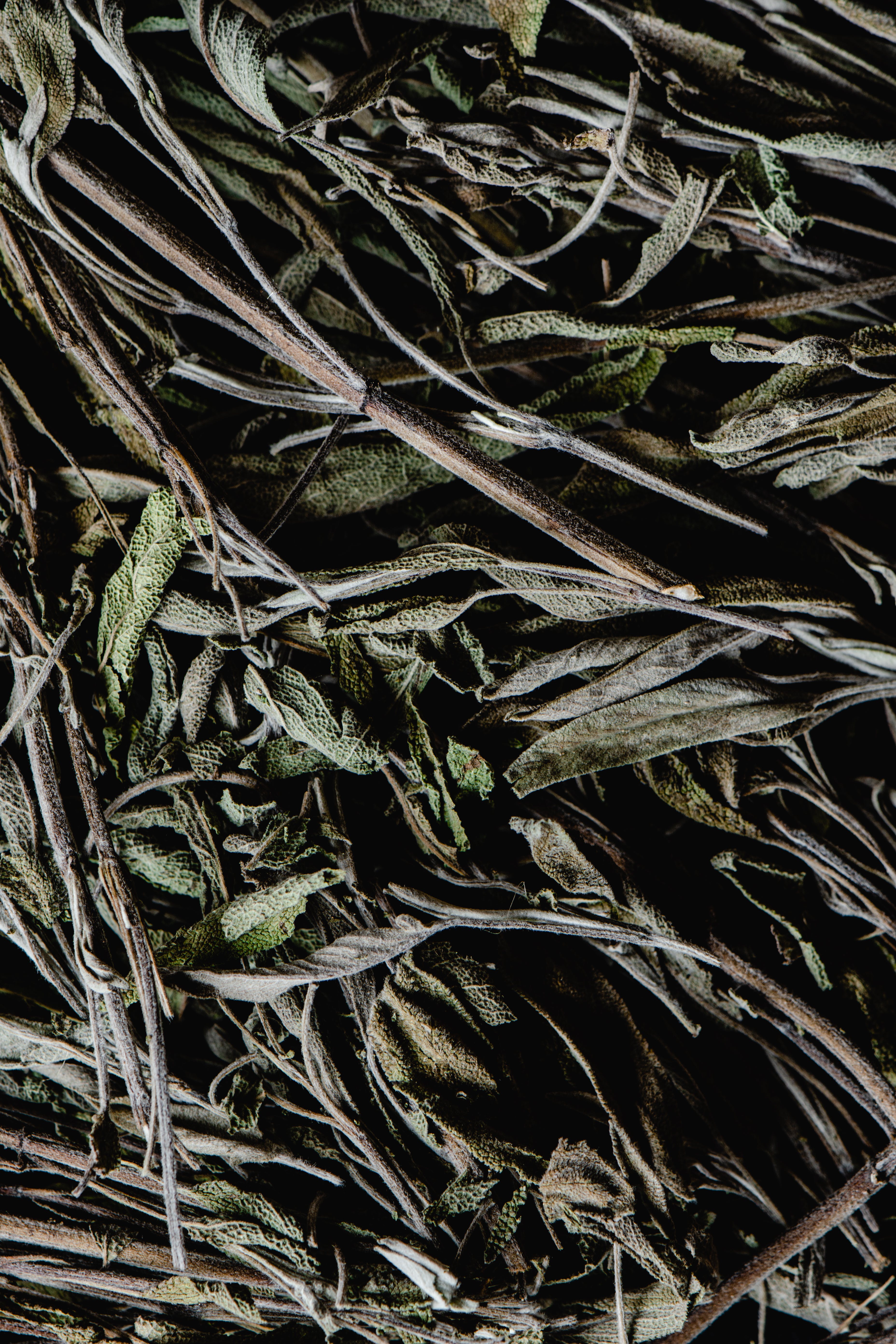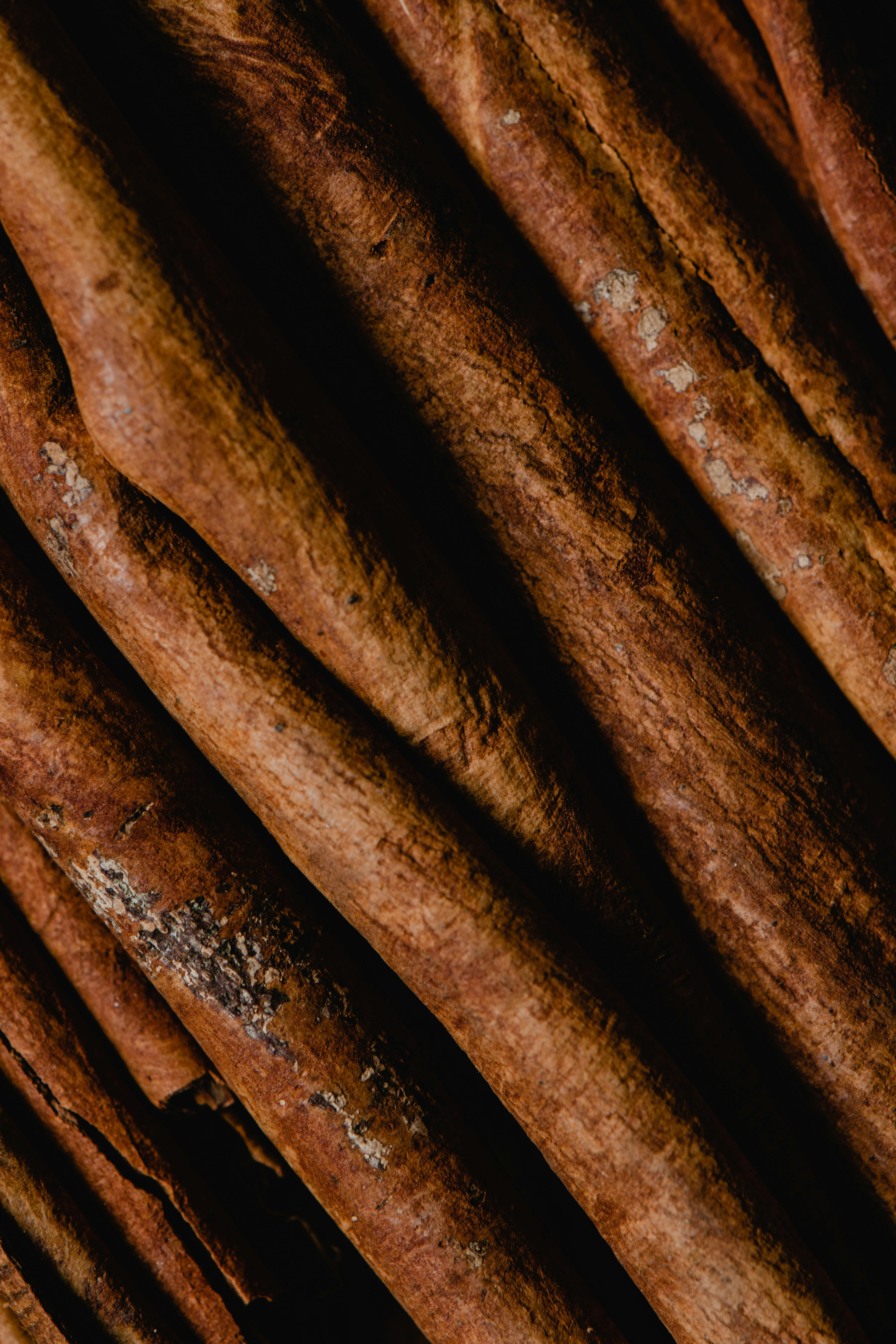The Top 5 Herbs Used Around the Winter Holiday Seasons
The winter holidays are a time for family, friends, and festivities. But it's also a time for herbs. Herbs have been used in holiday traditions for centuries, and for good reason: they smell great, they taste delicious, and they have a host of benefits for our health and well-being.
Here are the top
5 herbs used around the winter holiday seasons and their benefits:
1.
Rosemary
 | Rosemary is a woody, evergreen herb with a pungent, pine-like aroma. It is native to the Mediterranean region but is now cultivated worldwide. Rosemary is a popular culinary herb, and it is also used in aromatherapy and herbal medicine. Benefits of Rosemary
Rosemary Folklore Rosemary is a symbol of remembrance and fidelity. In ancient Rome, rosemary was used to adorn the graves of the dead. In the Middle Ages, rosemary was given to brides as a symbol of love and faithfulness. |
2. Sage
| Sage is a member of the mint family and has a distinctive earthy, slightly peppery flavor. It is native to the Mediterranean region and is now cultivated worldwide. Sage is a popular culinary herb, and it is also used in herbal medicine. Benefits of Sage
Sage Folklore Sage is a symbol of wisdom and protection. In ancient Greece, sage was used to treat wounds and infections. In the Middle Ages, sage was burned as incense to ward off evil spirits. |
5. Thyme
 | Thyme is a woody, evergreen herb with a pungent, slightly minty flavor. It is native to the Mediterranean region but is now cultivated worldwide. Thyme is a popular culinary herb, and it is also used in aromatherapy and herbal medicine. Benefits of Thyme
Thyme Folklore Thyme is a symbol of courage and strength. In ancient Greece, thyme was used to crown athletes. In the Middle Ages, thyme was used to ward off evil spirits and protect against nightmares. |
4. Cinnamon
| Cinnamon is a sweet and spicy herb that is often used in holiday baking. It is native to Southeast Asia but is now cultivated worldwide. Cinnamon is a popular culinary herb and is also used in aromatherapy and herbal medicine. Benefits of Cinnamon:
Cinnamon Folklore: Cinnamon is a symbol of warmth and prosperity. In ancient Egypt, cinnamon was used in religious ceremonies. In the Middle Ages, cinnamon was considered a valuable spice and was often used as a gift. In ancient Egypt, nutmeg was revered as a sacred spice, believed to possess magical powers and used in religious ceremonies. Its warm aroma was associated with the divine, and it was often used as an offering to the gods. In medieval Europe, nutmeg was a highly prized spice, often worth more than gold. It was believed to have medicinal properties, used to treat various ailments, and was also considered an aphrodisiac. |
5. Nutmeg
 | Nutmeg is a sweet and nutty herb that is often used in holiday baking and drinks. It is native to Southeast Asia but is now cultivated worldwide. Nutmeg is a popular culinary herb and is also used in aromatherapy Nutmeg Benefits
Nutmeg Folklore Nutmeg has a rich and intriguing history, intertwined with various folklore and traditions across cultures. In many cultures, nutmeg is considered a symbol of luck, prosperity. In ancient Egypt, nutmeg was revered as a sacred spice, believed to possess magical powers and used in religious ceremonies. Its warm aroma was associated with the divine, and it was often used as an offering to the gods. In medieval Europe, nutmeg was a highly prized spice, often worth more than gold. It was believed to have medicinal properties, used to treat various ailments, and was also considered an aphrodisiac. |
I hope you enjoyed this post about the top 5 herbs used around the winter holiday seasons. May your holidays be filled with love, laughter, and good health!



